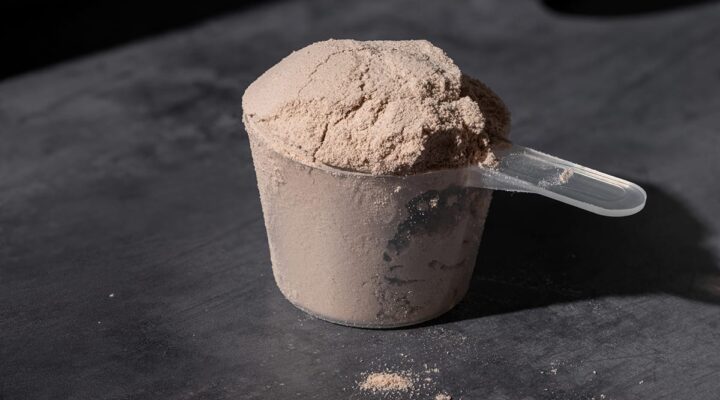The Science Says: Which Training Supplements Actually Work?
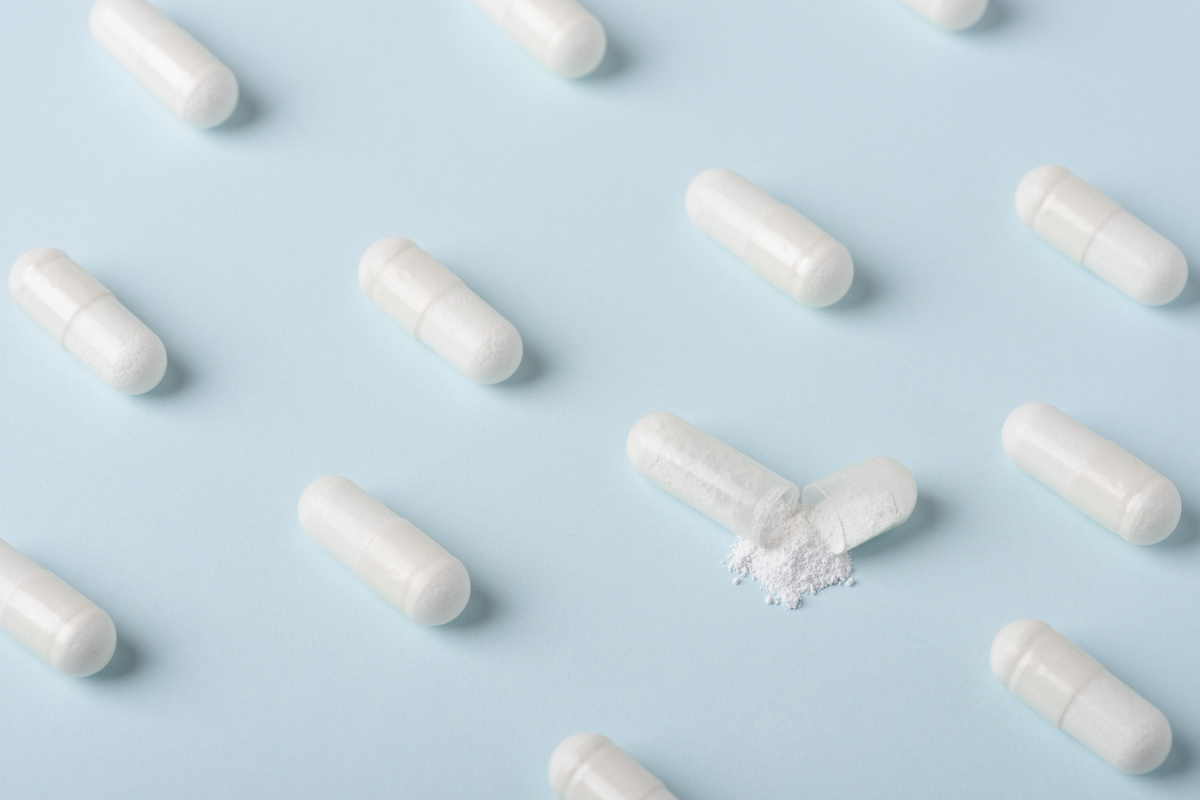
The training supplements market is a billion-dollar industry, promising the billions who regularly visit the gym all manner of muscle-bound and weight-loss benefits. Heck, despite being a vital macronutrient some would call protein a training supplement, so we guess as a purveyor of delicious vegan protein powder you could say we got skin in the game.
A recent consensus statement from the International Olympic Committee published in the British Journal of Sports Medicine and authored by some of the most eminent academics in the field shines a light on this sea of supplements, highlighting those that scientific research has proven to be of benefit to athletes, both in training and competition. Here’s their summary of what works.
Caffeine
Arguably the most well-researched stimulant around, caffeine tops the list when it comes to supplements you can trust (albeit with quite obvious caveats — you don’t want to down a pack of caffeine pills and be too shaky to lift the dumbbell).
Consuming caffeine increases the release of feel-good endorphins which can help you push past your exercise-related threshold, as well as improves neuromuscular function, vigilance and alertness, and reduces the perception of exertion during exercise.
Studies have shown that during short-term and repeated sprint tasks, taking 3-6 mg per kg of body mass around an hour before exercise results in performance gains of three percent for task completion time, mean power output and peak power output.
The caveat, as mentioned, is not to take too much. According to the report, larger caffeine doses above 9 mg per kg of body mass do not appear to increase the performance benefit and are more likely to increase the risk of negative side effects, including nausea, anxiety, insomnia and restlessness. Stick to 3-6 mg/kg of body mass, and steer away from any caffeine consumption later in the day.
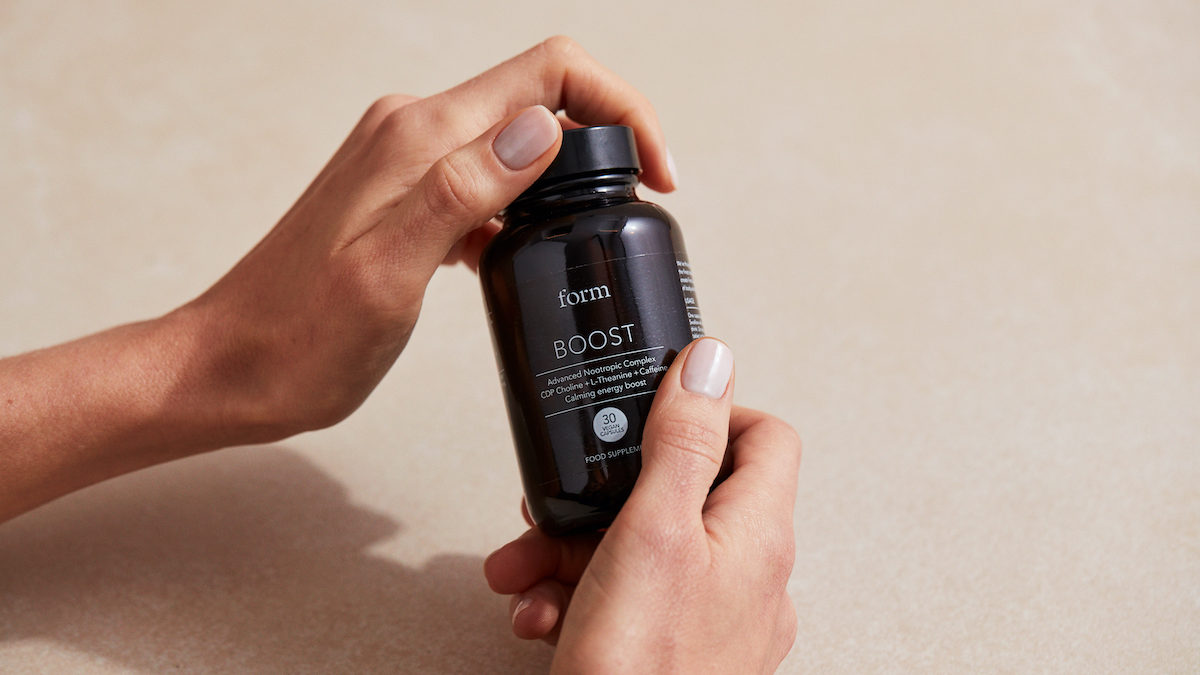
Creatine
Another pre-workout heavyweight, creatine is probably the most widely discussed supplement in the gym community. And in truth, it does appear to work well, increasing muscle creatine stores and augmenting the rate of phosphocreatine (PCr) resynthesis, PCr representing the most immediate reserve for the rephosphorylation of adenosine triphosphate (ATP), which provides energy to drive many processes in living cells, such as muscle contraction. That’s what’s going on inside your body, but what does that equal in performance terms?
Well, research has found supplementing with creatine enhances maximum isometric strength — isometric exercises are those that recruit muscles and exert tension without actually lengthening or shortening – as well as performance in single and repeated bouts of high-intensity exercise, with the effect felt most during tasks of around 30 seconds. Creatine will also help with long-term physiological changes in response to training including lean mass gains.
It’s recommended to load your creatine consumption at first, taking around 20g a day for your first week, before going down to around three to five grams thereafter for maintenance purposes.
Protein
As well as being a vital macronutrient responsible for all manner of bodily functions from hormonal balance to bone health, protein is most widely known for its effect on muscle protein synthesis, a naturally occurring process in which protein is produced to repair muscle damage caused by intense exercise (and thus making them grow back big and strong).
If we’re training regularly we tend to need around 1.4-2.0 g/kg of protein per day, and sometimes well in excess of this figure if you’re a high-performing athlete. That can be hard to manage, especially for those on plant-based diets, so protein supplementation is a necessary means to seeing continued progression.
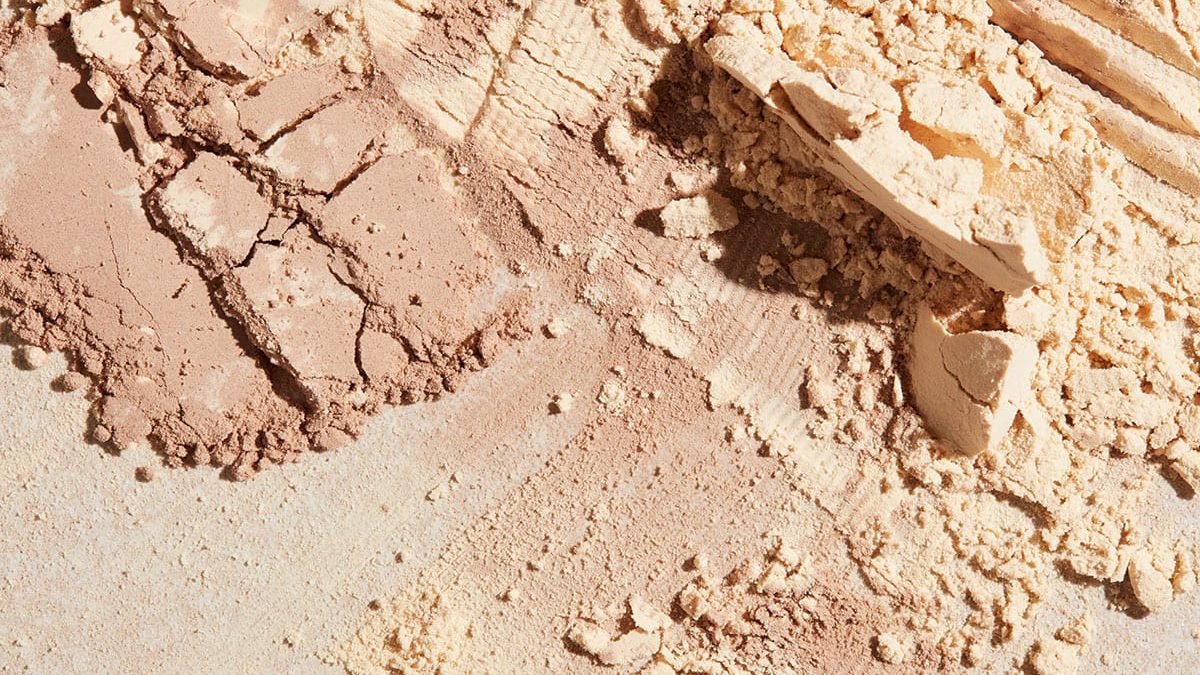
Sodium bicarbonate
Sodium bicarbonate aka baking soda aka that white stuff that makes your freshly baked loaf taste fizzy if you accidentally slip too much of it in the bake is essentially a mildly alkaline salt made up of sodium and bicarbonate ions. Alkaline is the key term here as we function best when our acid-alkaline balance remains close to a neutral level. Exercise does its best to upend this balance, and that’s where sodium bicarbonate can become useful for athletes by helping maintain their pH levels.
According to studies, taking 0.2-0.4 g per kg of body mass of sodium bicarbonate boosted athlete’s performance by around two percent in short-term, high-intensity sprints lasting 60 seconds in duration, with a reduced efficacy as the effort duration exceeded 10 minutes.
However, it’s important to note that there is a well-established link between gastrointestinal issues and the supplement, one that the report says could be mediated by taking it with a small, carbohydrate-rich meal.
Beta-alanine
Beta-alanine is a non-essential amino acid that is produced naturally in the body and aids in the production of carnosine. Our muscles naturally contain the compound which helps to regulate acid buildup, the primary cause of fatigue, allowing our muscles to perform harder and for longer.
Studies have only shown small benefits (around 0.2-3 percent) during both continuous and intermittent exercise tasks of 30 seconds to 10 minutes in duration. However, these are meaningful enough to put beta-alanine on this list, even if the jury is still out.
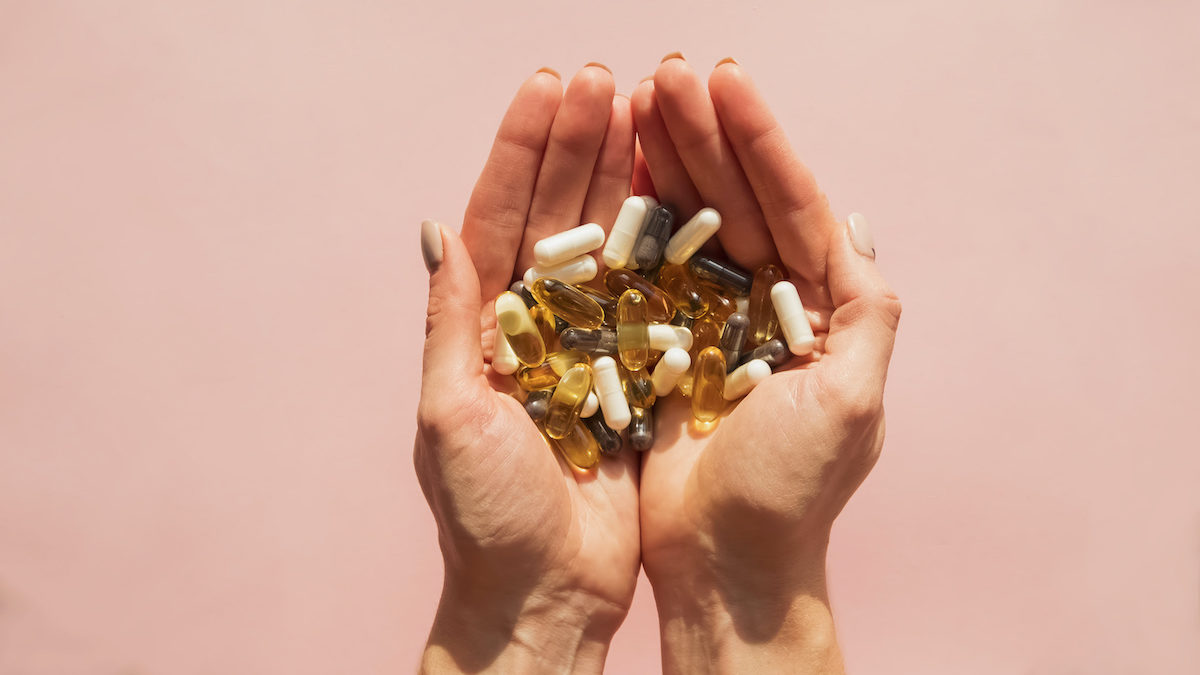
Nitrate
Dietary nitrate, most commonly found in our diets in dark, leafy greens and beetroots, is converted into nitric oxide during conditions of low oxygen availability, where it can play a number of important roles in vascular and metabolic control. It’s in this nitric oxide guise that nitrate supplementation can also have a significant role in the modulation of skeletal muscle function and the workings of our type II muscle fibres — those bigger, more powerful muscles which are recruited during shorter, more intense bouts of exercise like sprinting and lifting.
Studies have shown supplementation to improve exercise time to exhaustion by between four and 25 percent, while its proposed enhancement of type II muscle fibre function resulted in a noticeable improvement among those participating in high-intensity, intermittent, team-sport exercises up to 40 minutes in duration.
Supplements That Can Help Support Performance
Now all of the above supplements are listed for their ability to directly improve sports performance. But there’s also a bunch of other supplements that can be beneficial to athletes from a more holistic, supportive point of view.
Vitamin D and C are both vital for maintaining a healthy immune system, so it’s important to make sure your levels are high, especially in vitamin D, which is widely deficient among the world population. Omega-3 fatty acids, curcumin and tart cherry juice have anti-inflammatory properties which may reduce muscle damage or enhance recovery from intense, eccentric exercise. Probiotics, which increase the numbers of beneficial bacteria in the gut, can also have a substantial effect on upper respiratory symptoms like coughs or runny noses which can routinely affect performance.
In sum, these supportive supplements can be a useful way of guaranteeing your body is in tip-top shape come gym time.







